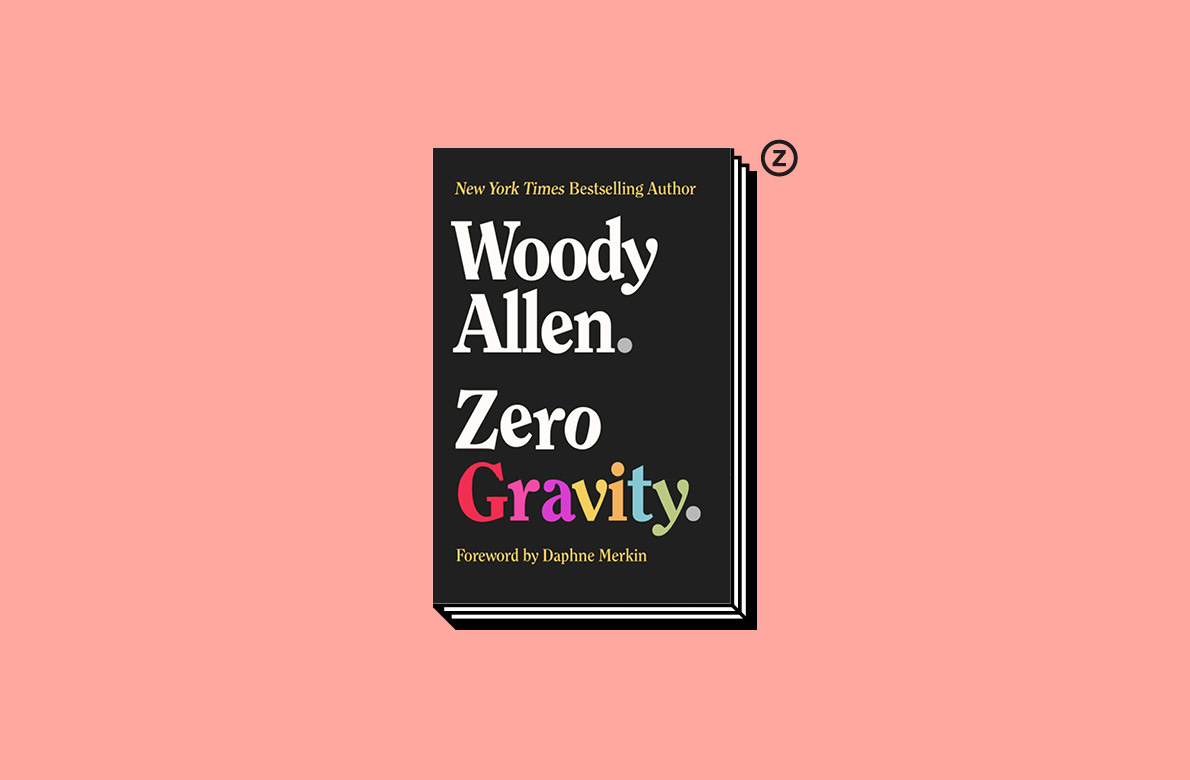You’re in Bilbao.
You finish your café con leche (risking intestinal turmoil because you don’t know how to ask for oat milk) and pop the cup back on its saucer.
You leave some euros on the counter and wander through the early morning streets, accompanied by the city’s cacophony: the opening of steel shutters, the hydraulic hiss of delivery vans, the catca…
Keep reading with a 7-day free trial
Subscribe to The Library of Lazy Thinking to keep reading this post and get 7 days of free access to the full post archives.



